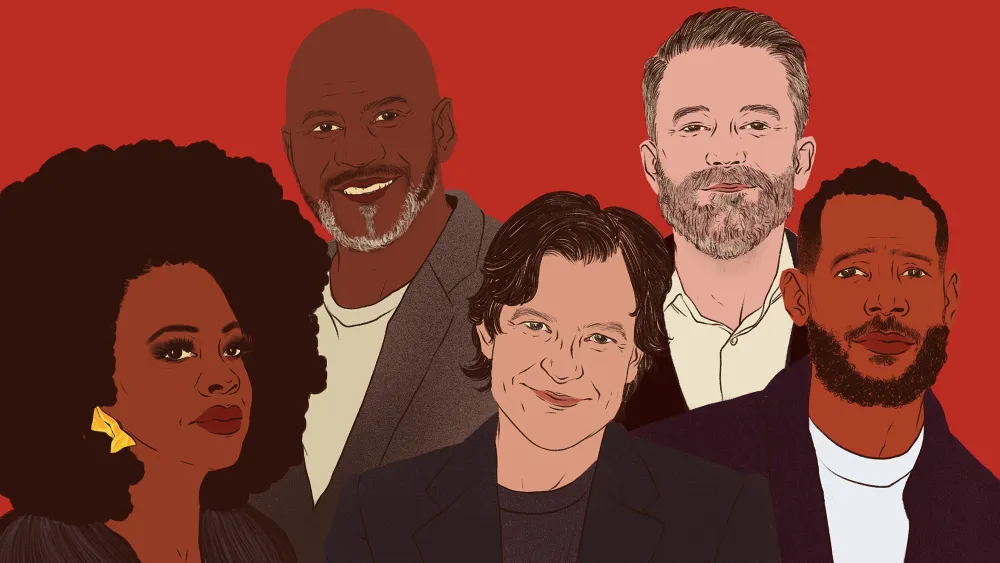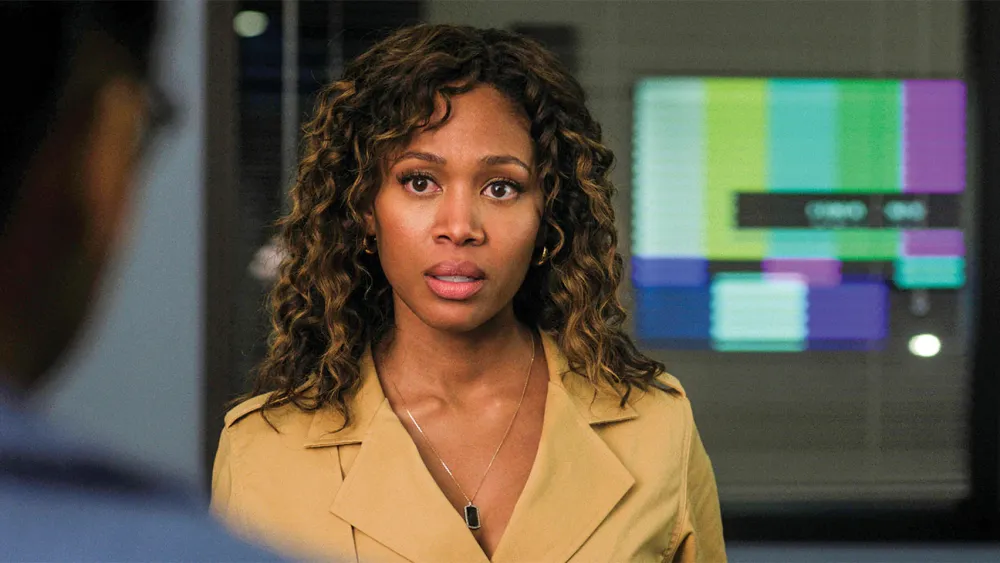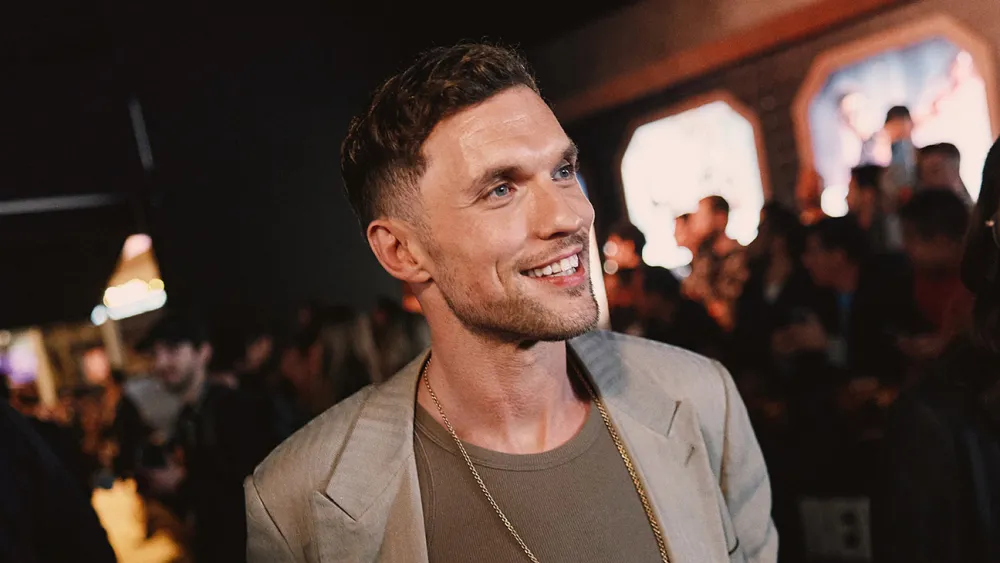A lot of the scenes in the film take place over the phone — even though director Ben Affleck says he really despises them.
Ben Affleck’s Air employs a large ensemble cast to tell the story of how Nike landed Michael Jordan and created the iconic Air Jordan line of shoes, with Deloris Jordan brokering a revolutionary deal for her son.
Affleck — who pulls triple duty as director, producer (via his newly formed Artists Equity with Matt Damon, who stars in the film as Nike exec Sonny Vaccaro) and actor, playing Nike CEO Phil Knight — joined his stars Viola Davis (Deloris Jordan), Julius Tennon (Michael’s father, James Jordan; also Davis’ husband), Marlon Wayans (Olympic basketball coach George Raveling) and Jason Bateman (Nike marketing vp Rob Strasser) to discuss acting opposite a phone receiver and fighting for what you are worth, onscreen and off.
This is a large ensemble cast. What role were you most anticipatory of casting?
BEN AFFLECK Part of the genesis [of casting] was a conversation one afternoon with Michael Jordan. The conversation led to the meaning and significance of both his mother, his life and a lot of clarity around that. It was going to be Viola Davis or nobody else. That made it a pivotal casting choice. Matt and I spent a lot of time trying to make sure that the role is sufficiently interesting and complex so that Viola would even consider it. I thought my ace in the hole was that [it was] coming from Michael and that may mean more than me. (Laughs.) Once [Viola’s casting] happened, it felt very comfortable. I was blessed with so many other great actors. This is really a performance-driven movie where the directing is mostly about getting out of the way and letting the actors relax and be comfortable and bring their voice to it.
Viola, what was it about the role of Deloris Jordan that made you say yes?
VIOLA DAVIS That she was the closer. That she was instrumental in this deal. At first I said, “I know that they’re going to want me to play his mom.” I play a lot of moms. I said, “I can’t play another mother.” And then my manager said, “Oh, no, but she’s not just your average mom role, Viola.” And I think that that made me perk up. I liked the element of surprise. I liked that there was another character trait in her that would wake people up.
Julius, how did you approach playing James?
JULIUS TENNON For me, in this movie and playing James, I’m just thinking, “Listen, I’ve got a son who’s pretty good at playing basketball. I’ve got a mother who loves her son intensely, and what am I going to do? I’m going to support my wife. I’m going to support my son.”
Is it easier to play a married couple onscreen given your relationship off the screen?
DAVIS Well, it’s definitely different. (Laughs.) Whenever you’re playing a married couple onscreen, you get together with other actors and — this is not a form of criticism, it’s just an observation — in every single scene, it’s: “Let’s do something in our behavior that shows people we’re together.” So people are constantly kissing and holding hands. But you don’t do that, you’re just together. You have to just be. There’s something about that unspoken language of just being connected, even across the crowded room, that says: That’s your person. It would be very hard to do if he weren’t my husband, but because we were already married, we naturally could do that. So I wasn’t constantly fixing his shirt and kissing him.
TENNON We were just being ourselves.
Ben, when casting for George Raveling, what made you think of Marlon for the role?
AFFLECK When I was talking to Michael, I was like, “Well, what’s the guy like?” He said he was funny, and then he mentioned Marlon. Then, when he mentioned Marlon, I was like, “God, I wonder if he would do it.” I asked Jen[nifer Lopez, Affleck’s wife], “You know Marlon, what do you think?” She was like, “Call him! He’s really cool. Just tell him what you think and why you want him.” [I was like,] “No, of course. I was going to think of that, eventually.” Get advice from your wife.
MARLON WAYANS When he called me, he talked to me for literally 45 minutes. He was just rambling about character, and I was just like, “Bro, you had me at hello. When do you need me? What do I got to do? I’m there.”
Marlon, how did you prepare to play George?
WAYANS I had two days to prepare. Thank God for YouTube. But [the script] had the monologue, and what fascinated me was the monologue was real. George Raveling really owns the original “I Have a Dream” speech. [Editor’s note: Raveling volunteered at the March on Washington and was placed near the podium, and he asked for Martin Luther King Jr.’s paper copy of the speech as he was leaving the podium. This story is recounted in Air.] This was a real story that happened. That’s the thing that grabbed me. Sometimes you read something and it’s a small part and you’re like, “I don’t know.” And then there are really great small parts. I thought about Christopher Walken — he had this long monologue in Pulp Fiction about a watch. It was just one scene, but it was so good. I thought of it like that.




